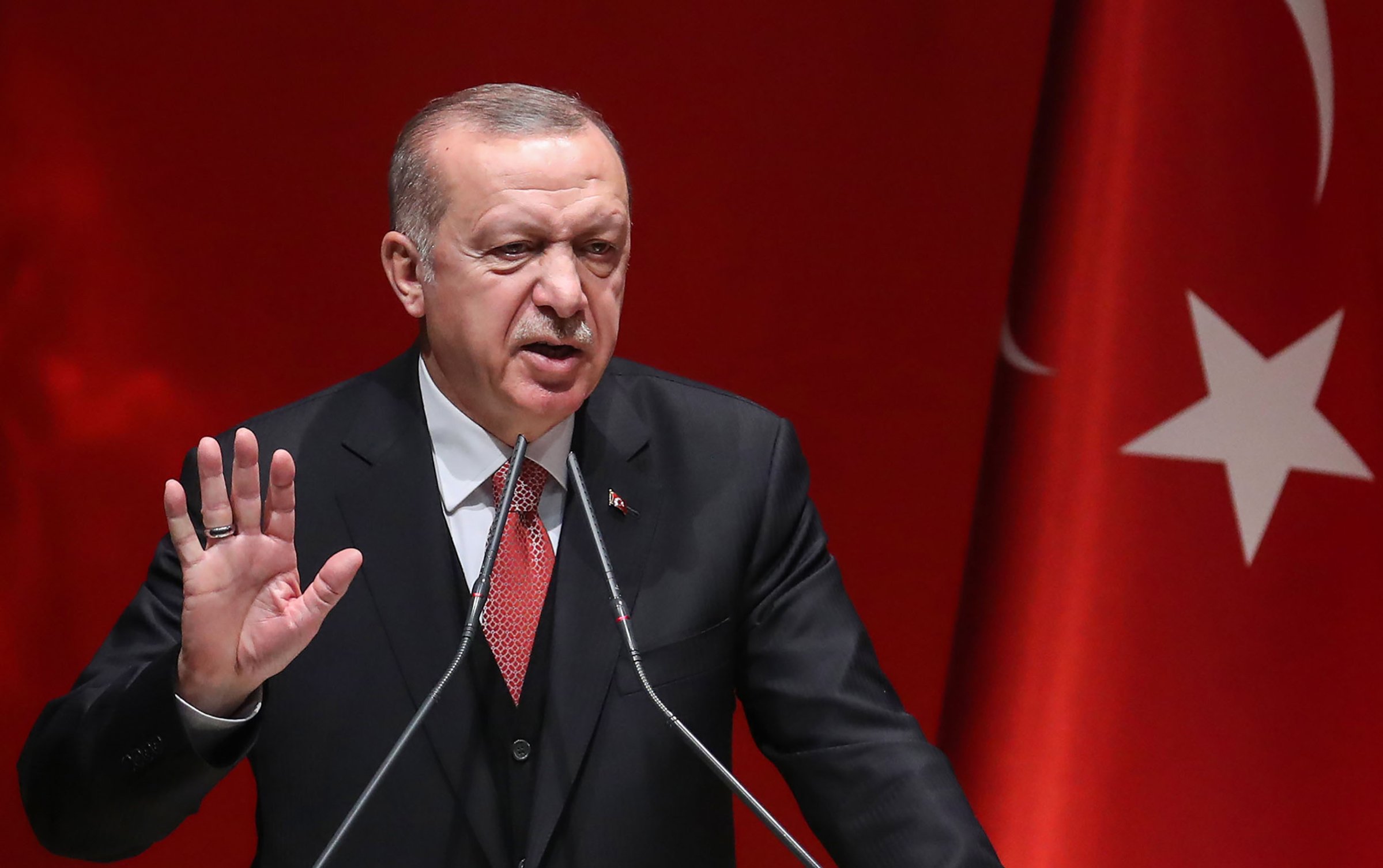
President Recep Tayyip Erdogan, the strongman of Turkish politics and a former mayor of Istanbul, has lost Istanbul. In the March 31 municipal elections, he and his party also lost Ankara, the country’s capital, and several other sizable cities. Erdogan was rebuked thanks to a sharp economic slowdown brought on by mismanagement. His party, which has won every national election in Turkey since 2002, now faces a less certain future, and he may be forced to turn to the hated International Monetary Fund for assistance.
It’s not that Erdogan’s Justice and Development Party (AKP) has collapsed. In fact, its overall vote share in cities across the country suffered only a marginal decline. With its ultranationalist ally, the MHP, the AKP still won more than 51% of the vote nationwide, a fall of just 2% from its performance in last June’s elections. Erdogan remains in command of the strong presidential system he created via referendum in 2017.
But the opposition CHP now controls cities responsible for more than 60% of Turkey’s gross domestic product, and Erdogan’s losses are made more embarrassing by the built-in advantages he has and by the way he campaigned. First, Turkey’s media is controlled almost entirely by the government, which for the past three years has jailed more journalists than any other country. Despite Erdogan’s power to shape the news the public consumes, half the voting population opposes the President and his party.
Second, Erdogan did his best to frame this election as a fight for Turkey’s survival against an opposition alliance he claims is controlled by subversives, foreigners and terrorists. He promoted conspiracy theories that Americans and Europeans have sabotaged Turkey’s economy. He stoked controversy on the campaign trail by repeatedly showing video footage of the Christchurch, New Zealand, terrorist attack in which 50 Muslims were murdered inside two mosques. When the governments of Australia and New Zealand protested, Erdogan railed against the fact that troops from those nations were sent to fight the Ottoman Empire during World War I.
He has continued to antagonize the U.S., in part because he accuses Washington of harboring Fethullah Gulen, a political rival who Erdogan claims has repeatedly conspired to bring down his government. Donald Trump, like Barack Obama, has refused to extradite Gulen to Turkey from his home in Pennsylvania for lack of evidence that Gulen has done anything more than oppose Erdogan’s government.
Erdogan’s accomplishments are real. He presided over a period of sharp economic growth in the first decade of this century, in part by empowering politicians and business leaders in the country’s heartland to challenge the stranglehold that the major cities–Istanbul, Ankara and Izmir–held over political and economic life. He also beat back threats from the military, which has a long history of undermining elected governments to protect its political and commercial privileges. The July 2016 coup that nearly brought down his government gave Erdogan a powerful argument that his conspiracy theories were not just fantasies.
In recent years his bid to accumulate more power and to repress dissent has brought comparisons to Vladimir Putin. Voters in Turkey have again reminded their government, and the world, that Turkey is not Russia. For now, competitive multiparty democracy will continue in their country whether President Erdogan likes it or not.
More Must-Reads from TIME
- Cybersecurity Experts Are Sounding the Alarm on DOGE
- Meet the 2025 Women of the Year
- The Harsh Truth About Disability Inclusion
- Why Do More Young Adults Have Cancer?
- Colman Domingo Leads With Radical Love
- How to Get Better at Doing Things Alone
- Michelle Zauner Stares Down the Darkness
Contact us at letters@time.com